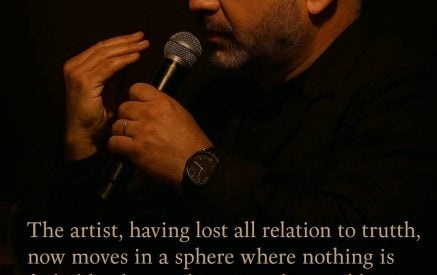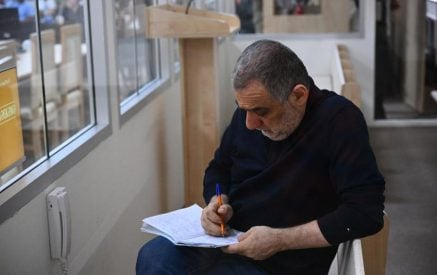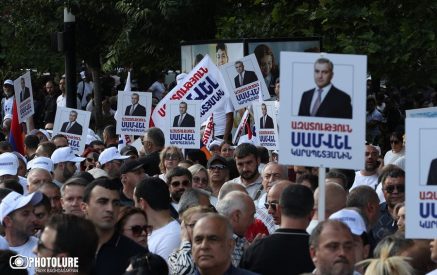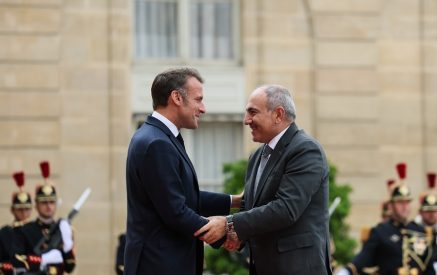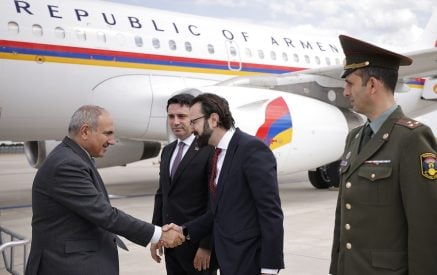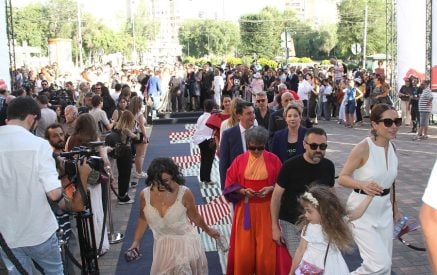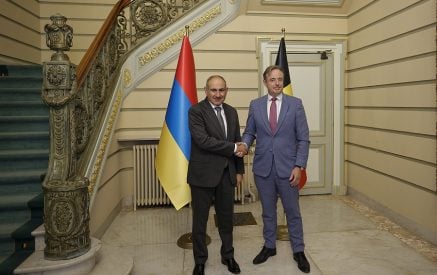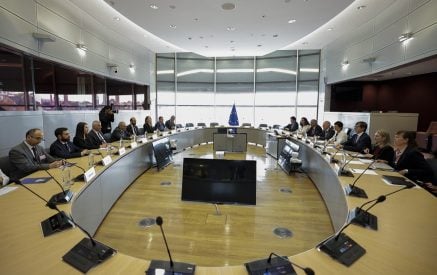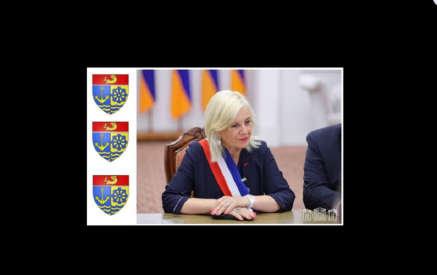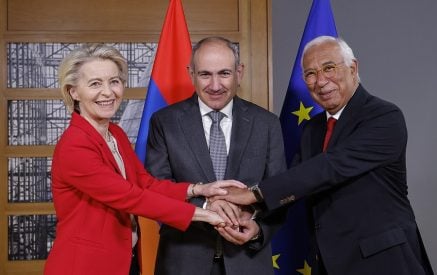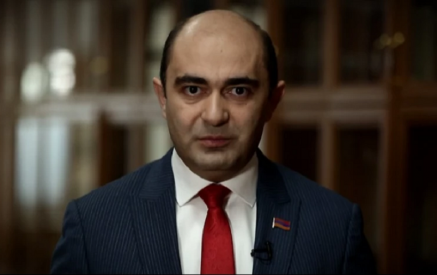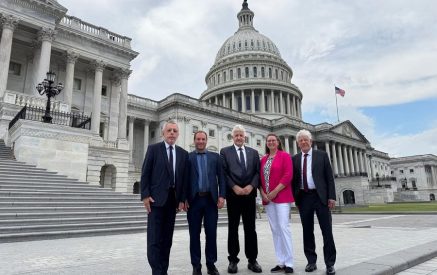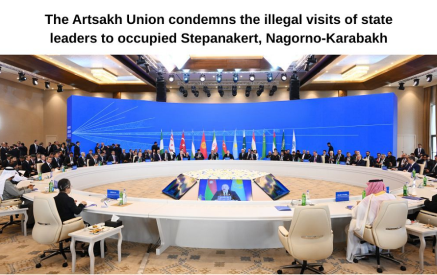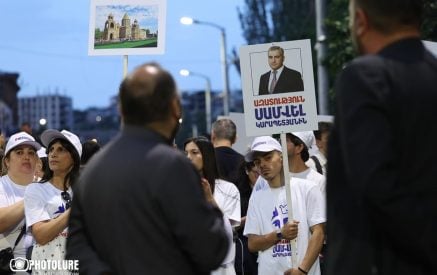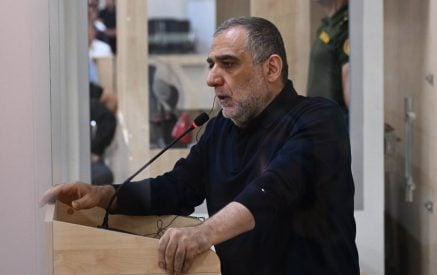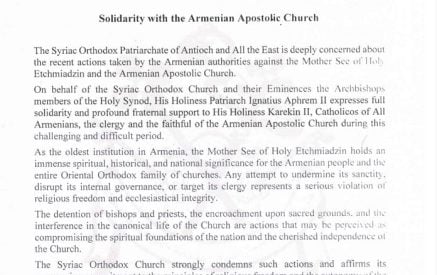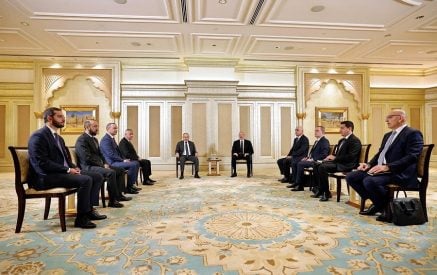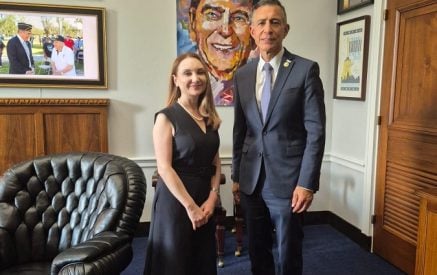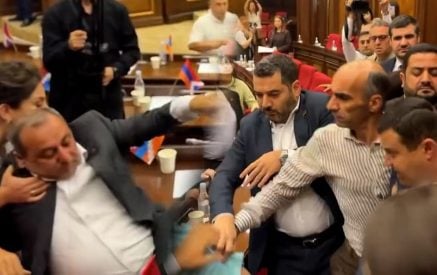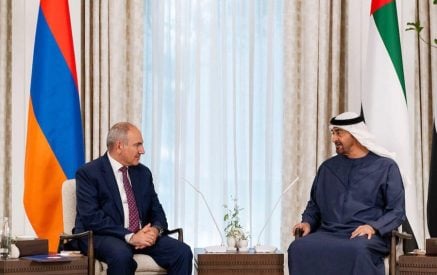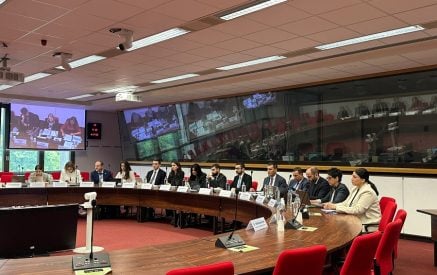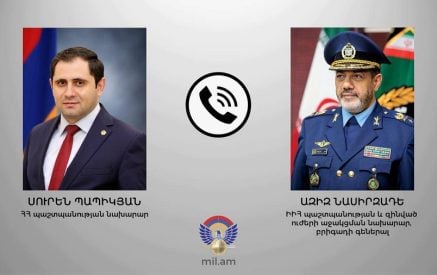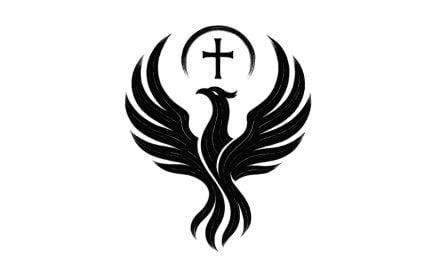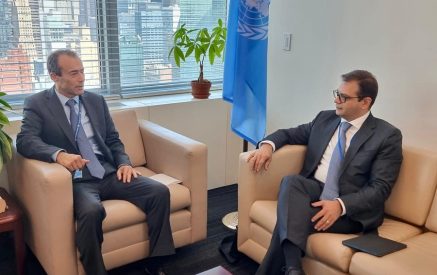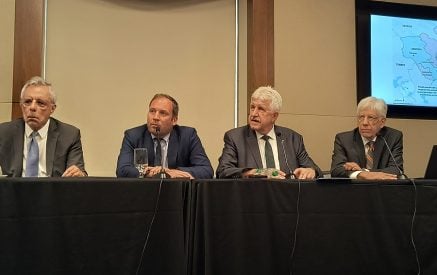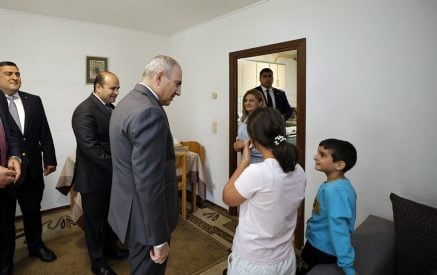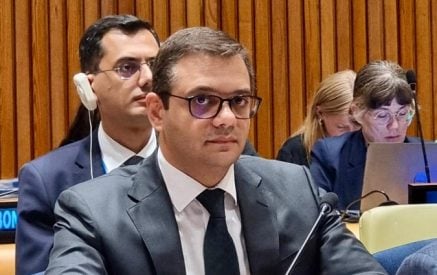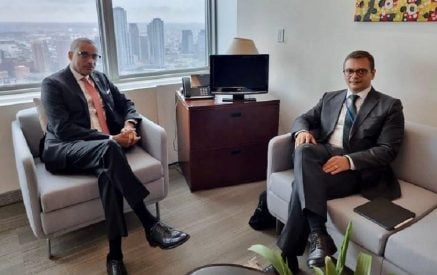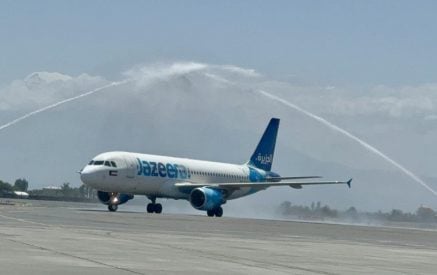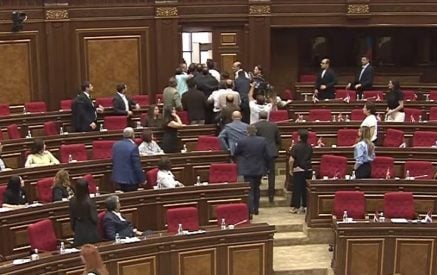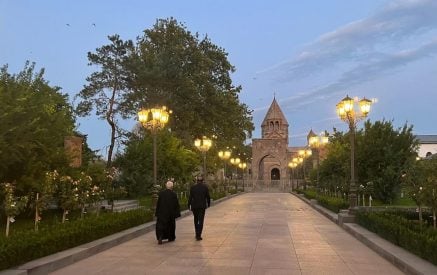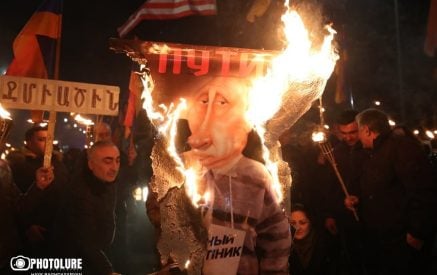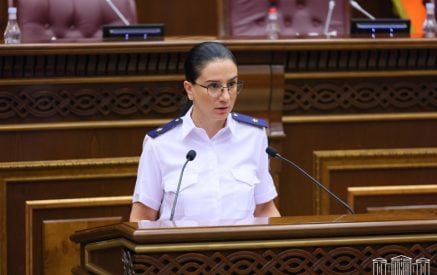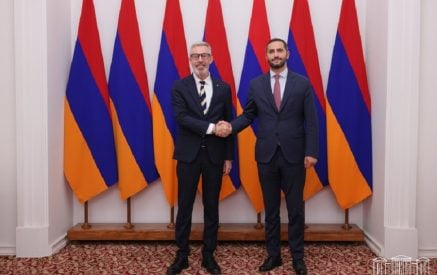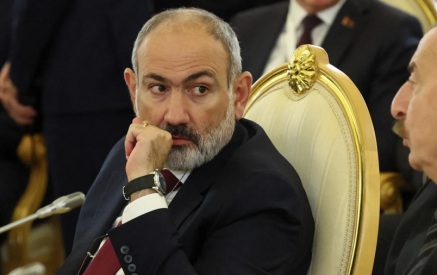
Not much has been said about the scenario of the exercises, called “Interaction-2012,” the first of the CSTO to be held in the Caucasus. The scale of these exercises was much smaller than last year’s — about 2,000 troops, compared to 24,000 last year spread out over several countries, half in Central Asia and the other half in Belarus. (The CSTO is led by Russia and also includes Armenia, Belarus, Kazakhstan, Kyrgyzstan, and Tajikistan.)
It was an interesting time for the exercises to be held in Armenia, just after tensions spiked as a result of the extradition and pardon of Ramil Safarov, the Azerbaijani soldier who killed an Armenian colleague at a NATO event in Hungary. There has been a lot of speculation about whether the CSTO would come to the aid of Armenia in the event of a war over Nagorno Karabakh. Armenia actually postponed the start of the exercises a week, from September 8 to September 15. No explanation for the delay was given, other than that it was due to “technical reasons,” but it’s no small matter to reschedule, at the last minute, a multi-country military exercise. The announcement of the delay was August 30 — and the next day, Safarov was released. Was there a connection?
In the days after the pardon, the CSTO’s Nikolay Bordyuzha criticized Azerbaijan for the Safarov pardon, drawing an angry response from Baku. And intriguingly, Nagorno Karabakh’s de facto defense minister did attend the exercises. Still, both the Armenian and Azerbaijani sides seemed relatively muted, and neither seemed to really push the notion of CSTO involvement in their conflict.
Read also
Bordyuzha, speaking during the event, proposed creating a CSTO military, “uniting all existing components,” would include rapid-reaction forces in Central Asia, including an aviation component, which “could transport personnel and units to conflict zones, providing military cover to operations.”
It’s not clear exactly what this would entail, and given that the ratio of CSTO proposals to CSTO action is quite high, we might not react too strongly to this quite yet. But it certainly indicates a desire on Russia’s part to take a more active security role in Central Asia — if not in the Caucasus.
Eurasianet



